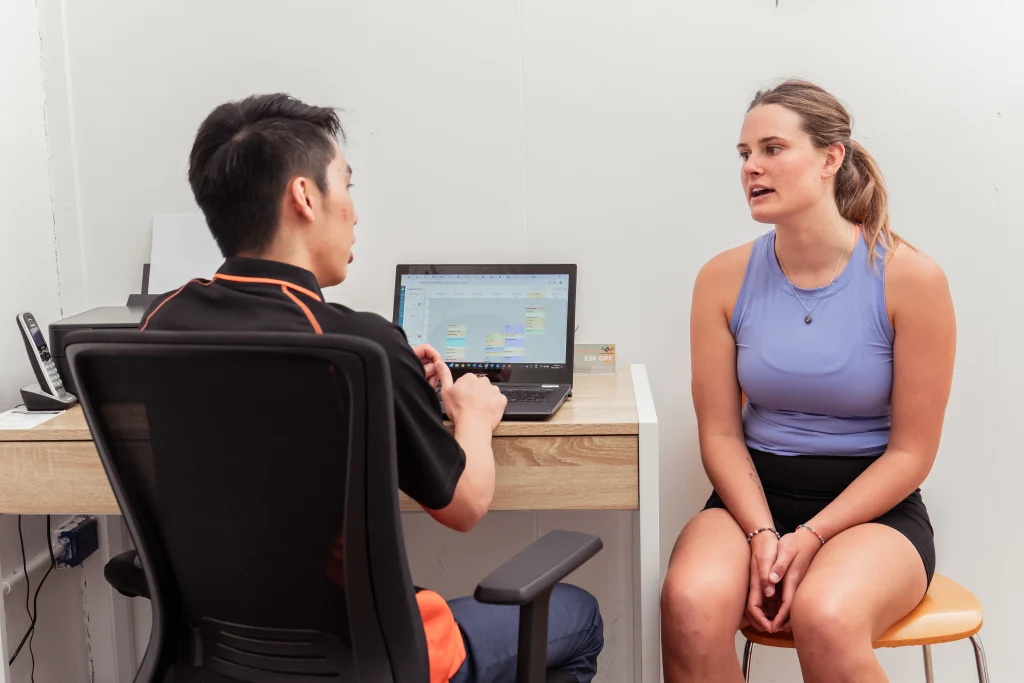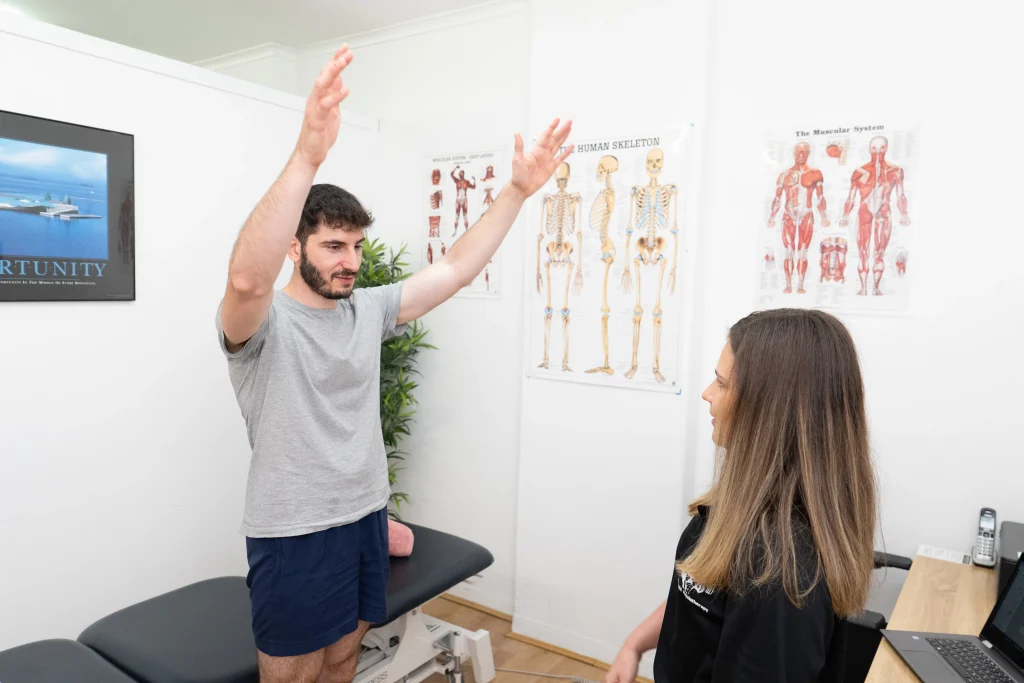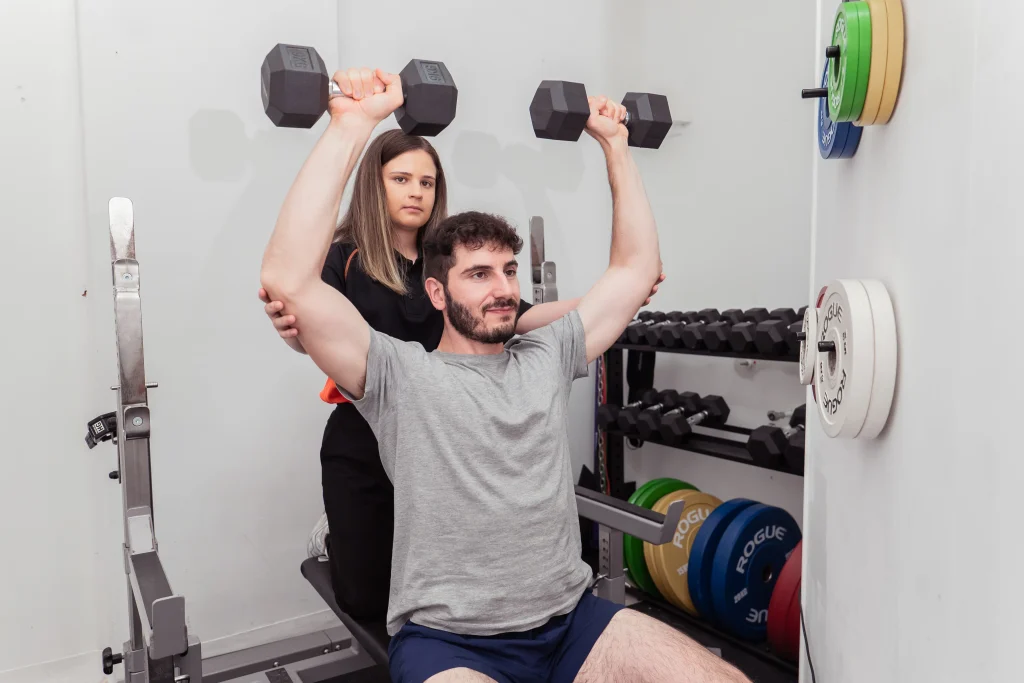Understanding Baker’s Cysts — and How Physiotherapy Can Help You Move Freely Again

When people think of knee pain, they often imagine arthritis, ligament strains, or cartilage injuries. But there’s one cause of swelling and stiffness that tends to fly under the radar — even though it can have a big impact on everyday comfort and mobility. That’s the Baker’s cyst. What is a Baker’s Cyst? A cyst […]
What Is Pelvic Floor Physiotherapy — and Who Is It For?

When it comes to physiotherapy, most people think of sore backs, tight shoulders, or sports injuries. But there’s one area that often gets overlooked — even though it plays a huge role in everyday comfort, control, and confidence. That area is the pelvic floor. Pelvic floor physiotherapy focuses on strengthening, relaxing, and retraining the muscles […]
Why Prevention Is Better Than Cure: The Role of Proactive Physiotherapy

When it comes to physiotherapy, most people only book an appointment once something starts to hurt. It’s natural — pain grabs our attention and motivates us to seek help. But what if you could stop many of those aches, strains, and injuries before they ever appear? That’s where preventative and prophylactic physiotherapy comes in. Rather […]
Lifting Safely at Work: Ergonomic Advice to Protect Your Back

Many workplace injuries happen while lifting — whether it’s boxes, equipment, or stock. Most of these injuries can be avoided with good habits and a bit of planning. Safe lifting is about working smarter, not harder. Here are some simple, practical tips to help you lift safely at work and look after your body: Final […]
Understanding Setbacks/Flareups in Recovery and How to Manage Them

Recovery from an injury is rarely a straight line. There are often times when progress feels steady and positive, followed by moments when pain increases or improvement seems to stall. These setbacks are completely normal and part of almost every rehabilitation journey. They simply reflect the complexities of how the body heals, adapts, and responds […]
Training the Shoulder: Building Strength Through Rotator Cuff Stability

When most people think of shoulder training, they picture big deltoids and overhead presses. For long-term shoulder health and injury prevention, however, the real stabilisers are the rotator cuff muscles. These four small muscles—supraspinatus, infraspinatus, teres minor, and subscapularis—act as dynamic stabilisers. They don’t create large movements like the deltoids, but they keep the humeral […]
Rotator Cuff Injuries: Why Strength and Control Matter in Rehab

Rotator cuff injuries are one of the most common causes of shoulder pain we see in clinic. The rotator cuff plays a vital role in controlling and stabilising the shoulder during movement—so when it’s injured, even simple tasks like reaching overhead or lifting a light object can become uncomfortable or difficult. Whether the issue is […]
Shoulder Instability- Principles of Rehabilitation

Shoulder instability can be one of the trickier conditions to manage in rehabilitation. The shoulder is naturally built for mobility, not stability, which makes regaining control more challenging than with many other joints. Managing shoulder instability isn’t about one single exercise or quick fix. It usually involves a structured plan that progresses through different stages […]
Recovery Takes Time: Why Patience Matters in Physiotherapy

When it comes to injury recovery, most people want quick results. It’s natural to hope that pain will settle quickly! But recovery rarely happens overnight. Every injury has its own timeline, and patience is one of the most important parts of rehabilitation. Different Tissues Heal at Different Speeds Not all tissues recover at the same […]
Physiotherapy in Aged Care: Helping Older Adults Stay Strong, Safe, and Independent

As we get older, it’s completely normal to notice changes in how we move, how we feel, and how much energy we have. Tasks that once felt easy—like getting up from a chair, going for a walk, or reaching for something on a shelf—can start to feel more difficult over time. But getting older doesn’t […]

